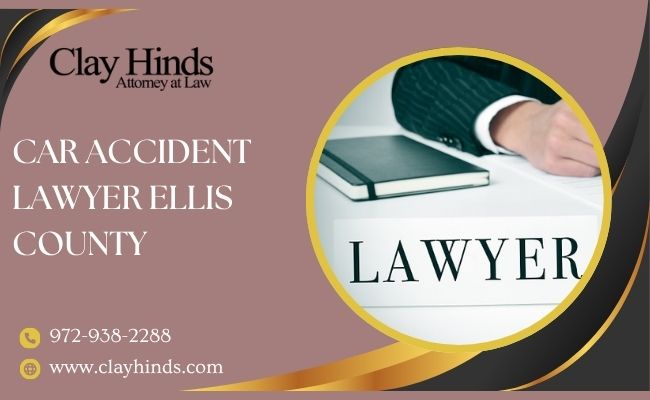Have you ever felt absolutely frustrated waiting days or even weeks to hear from your attorney after an auto accident?
If you’re in the stressful, uncertain period of your case, you deserve clear, consistent, compassionate communication. You want to know: Is my attorney doing enough? Am I left in the dark?
In this blog, we’ll walk you through how to communicate with your auto accident attorney during your case.
Establish Communication Expectations Up Front
Right after hiring an auto accident attorney, ask explicitly how and when you’ll communicate.
- Will they text you? Call you? Email you?
- How often will they update you?
- Who is your point of contact (attorney, paralegal, assistant)?
If your lawyer responds, “I’ll call when there’s news,” that’s fuzzy. Instead, say: “Would it be okay with you if we had a weekly check-in even if just to say there’s no news?”
Example: Sarah, a Waxahachie client, wanted a quick 10-minute phone call every Friday. Even when her case was dormant, she’d get, “No change yet, I’m still negotiating.” That brief, routine call put her at ease.
By establishing clear expectations, you prevent misunderstandings, delays, and tension.
Provide Complete, Clear Information
Your attorney needs information like medical records, photos, police reports, and witness contacts. Don’t send a half-folder of vague documents. Be systematic and precise.
- Label files: “Hospital_Bills_2025-05-10.pdf”
- Provide dates, names, and contact info.
- Keep a timeline of events: what happened, when, and who was present.
- Send digital copies (scan, PDF) when possible.
Example: John’s attorney asked for all medical treatment records. John delivered 50 pages, but without order or labels. The attorney spent hours just organizing. That costs time and potentially slows deadlines. If John had sorted and labelled before sending, things would move faster.
Clear documentation means your attorney spends less time chasing details and more time crafting your case.
Ask Smart, Focused Questions
It’s your case. You have the right to ask. But avoid vague questions like “How’s it going?” Instead, ask precise, useful questions, such as:
- “What’s the next procedural step?”
- “What documents do you still need from me?”
- “Did you receive the police report or witness statement?”
- “What is the current settlement demand?”
Example: Lisa’s attorney sent a settlement offer. She asked, “What is realistically acceptable and where do you recommend we counter?” That led to a clear conversation and a stronger counteroffer.
Asking well-targeted questions helps you get meaningful updates, and it shows your attorney you’re tracking progress wisely.
Use Communication Tools Wisely and Respect Boundaries
You may prefer texting or messaging, but always respect the attorney’s preferred mode. If your attorney works by email or a client portal, use it instead of calling at 10 pm.
- If texting, keep it short, polite, and relevant.
- If using email, include subject lines like: “Auto accident case new medical record”
- Use client portals or shared document folders (if offered), which centralize files and messages.
Example: Mark messaged his attorney repeatedly after hours. That annoyed the attorney and sometimes got responses delayed. When he switched to emailing during business hours, communication improved dramatically.
Respecting boundaries keeps things professional and courteous, and your attorney will more willingly reply promptly.
Clarify Strategy, Risks & Deadlines Together
You must understand the strategy your attorney plans, the risks involved, and the timing. Insist on transparency.
Ask them:
- “What’s our negotiation strategy with insurance?”
- “What is the deadline for filing a suit or responding to demands?”
- “What are the worst-case and best-case outcomes?”
- “What are your strengths and challenges in my case?”
Example: Tony’s attorney revealed that a key witness’s medical records were weak. Tony asked whether to push forward or delay until stronger evidence arrived. Together, they decided on a modest counteroffer now, with the option to escalate later. That clarity prevented Tony from being blindsided.
By understanding the strategy and risks, you stay in control. You don’t get blindsided by surprises.
Conclusion
Being able to communicate well with your lawyer can break or make your experience. You should be heard, informed, and appreciated, more so when being represented in a case by a Waxahachie car accident attorney. When you set expectations, supply clear information, ask precise questions, use tools respectfully, and clarify strategy and deadlines, you become an empowered participant in your own case.
If you want a legal team that values clear communication, transparency, and results, choose Clay Hinds Attorney at Law to represent your claim.
You don’t have to face this alone such as demand clarity, stay involved, and walk the path toward justice with confidence.

